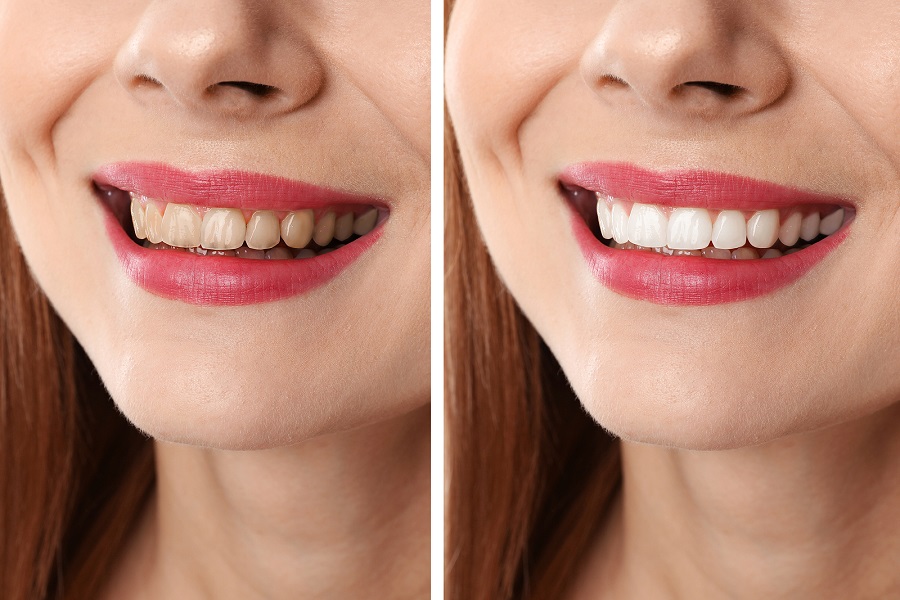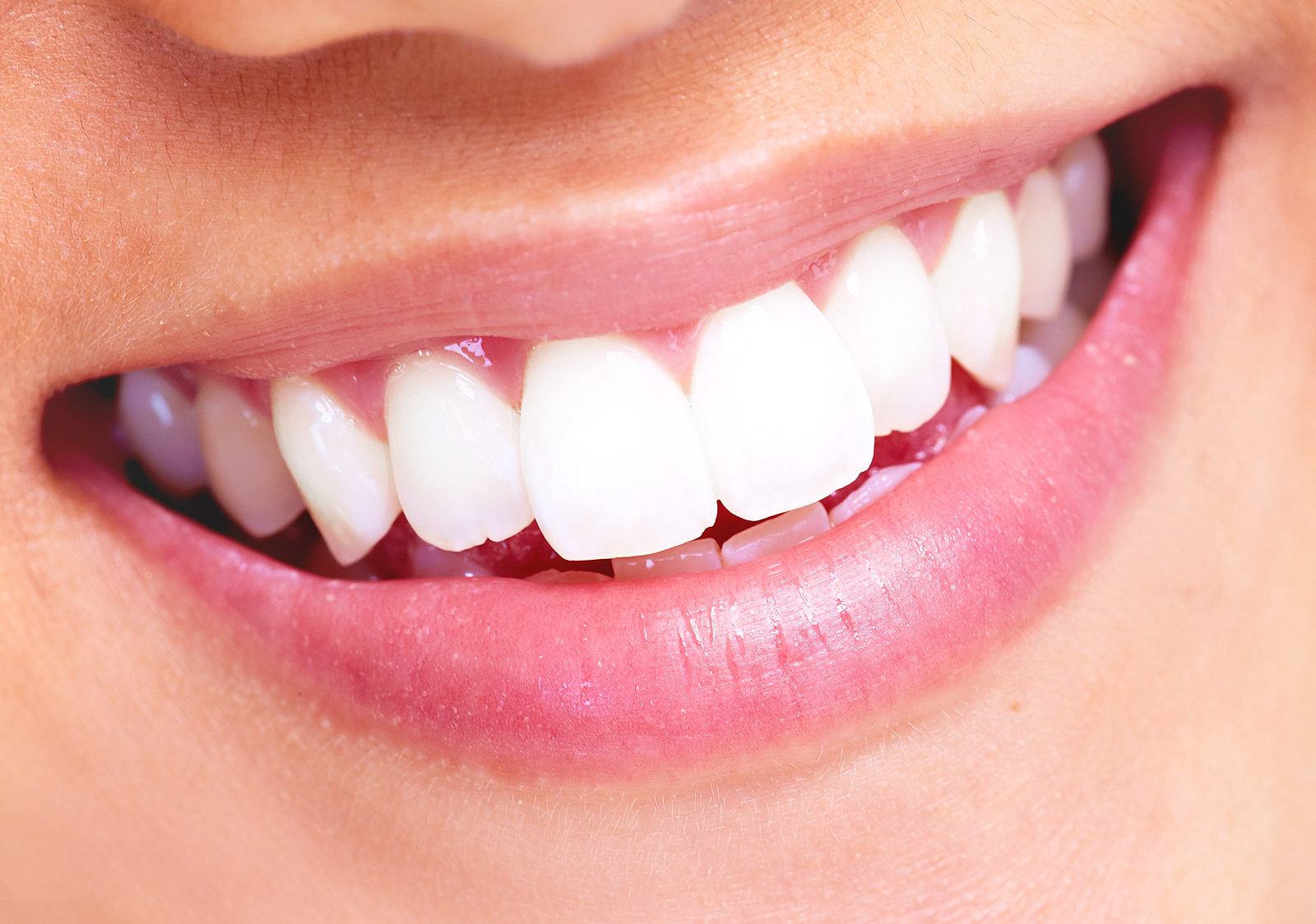DOES SUGAR REALLY CAUSE CAVITIES?
Sweet treats tempt us on a daily basis, but it’s holidays like Valentine’s Day that really ups the ante with plenty of candy to go around. From desserts served after romantic dinners to oversized boxes of chocolates, there’s an abundance of sugar going into everyone’s mouth. While most people have a vague idea that sugar can be damaging to the teeth, they’re lacking the knowledge on exactly how that damage occurs. Revisiting the cycle of sugary treat to painful cavity may make you think twice about indulging in so many sweets this year, but you can learn a few tricks to prevent sugar from being such a threat to your oral health. Let’s find out, does sugar really cause cavities?
LET’S FIND OUT, DOES SUGAR REALLY CAUSE CAVITIES?
HOW CAVITIES DEVELOP
It’s not really the sugar itself that directly causes a cavity to form in a healthy tooth. The cycle starts when you ingest a food containing nearly any carbohydrate, which includes sugars of all kinds. Carbohydrates, even those from breads and fruits, are the primary food source of many different types of bacteria who like to live in your mouth. Some of the bacteria serve a protective purpose and do no harm to your teeth, but the greediest bacteria that thrive the most when you’re giving them plenty of sugar are very damaging to your teeth. Most forms of sugars and carbohydrates act the same in your mouth, with more concentrated and refined forms of sugar giving a bigger boost to bacteria than whole forms. For example, a sugar cube has a bigger effect than a bite of sweet potato with only its natural sugars. Only a few sugar alcohols, such as xylitol, can pass through the mouth without helping bacteria grow. Therefore it is always important to consider what you’re eating and how to minimize its effect on your mouth after you’re done.
HOW PREVENT CAVITIES
Since it’s carbohydrates fueling the bacteria carving holes into your teeth, it’s best to starve them out. Limiting sugar consumption and choosing less refined carbohydrates are two great ways to reduce the number of cavities. Of course, it’s easy to make exceptions for celebrations like Valentine’s Day. Yet even one or two big indulgences a year can still impact your health by causing cavities. If you can’t completely avoid sugary temptations, handle them with care and enjoy them in moderation. After eating a sugary snack or candy bar, try rinsing your mouth out as soon as possible. Plain water will do, but milk or a mouth rinse product are even better. This removes as much food debris and sugary film from your mouth as possible. Your saliva also does this job, but it’s not always prepared for the intense sugar load that comes with a piece of cake or a hard candy. It’s usually possible to accomplish this in practically any setting, even when you’re on a date or busy with friends. For the best cavity protection after enjoying a sugar-filled treat, chew a piece of sugar-free gum and then brush your teeth as soon as possible. The gum increases saliva flow and catches some of the larger food particles, then brushing follows up to clear away remaining sugar deposits. Of course, you’ll need to keep a tooth brush on hand to follow this plan around your Valentine’s Day celebrations.
HOW TO TREAT CAVITIES
Sometimes even the best brushing habits and candy avoidance isn’t enough to prevent a cavity. Whether it formed due to a sugar habit or weak enamel inherited from your parents, you can have the cavity treated as quickly as possible to keep it from spreading and possibly effecting other teeth. Aside from having the tooth drilled and filled, you can work to restore your natural enamel layer to prevent cavities from forming in the first place. Eating a diet rich in dairy products, drinking black or green tea (without sugar), and eating more fibrous vegetables are all great ways to build stronger teeth. Your dentist can also recommend a number of sealants or enamel replacement treatments to keep your teeth from becoming weakened and prone to cavities. Build stronger dental health both before and after Valentine’s Day by making an appointment at Biltmore Commons Dental. Get a checkup and cleaning before your big date so you can dazzle them with a winning smile and the confidence to back it up.






















0 comments